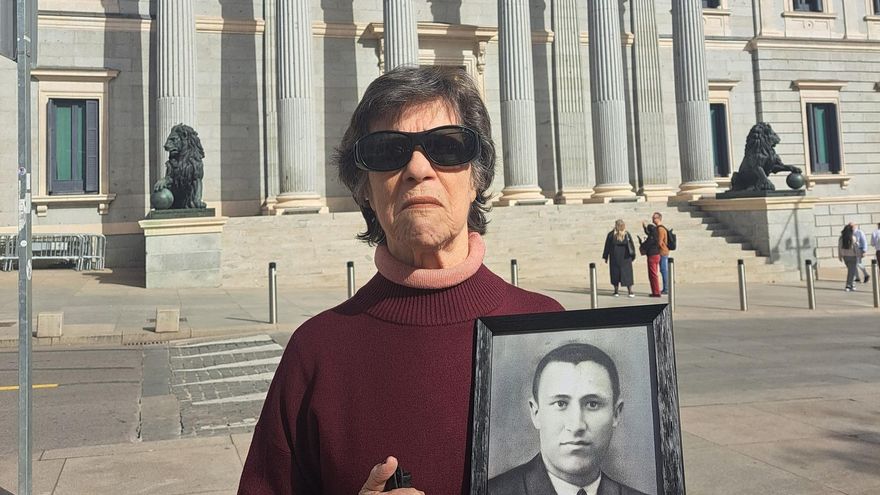
The Association for Historical Memory of Arucas (AMHA), led by Pino Sosa Sosa, submitted on April 7, via the official registration of the Cabildo de Tenerife, a series of objections against the proposed declaration as a Cultural Interest Good (BIC) for the monument dedicated to Francisco Franco. This work, created by the sculptor Juan de Ávalos García Tarboda, is situated at the junction of Anaga Avenue and the Rambla de Santa Cruz de Tenerife.
The document, endorsed by President Pino Sosa and Secretary Manuel Ortego Sánchez, was unanimously ratified by the AMHA Board of Directors and prepared by voluntary jurist Jacobo Ojeda Pérez.
The AMHA contends the incompatibility of this sculpture with the declaration as BIC in the monument category, asserting that it contravenes essential principles of democratic coexistence and the respect for the ideological and political rights of the Canarian populace. The association highlights that its presence in public spaces constitutes an affront to Canarian society and a clear violation of the Law 20/2022 dated October 19, regarding Democratic Memory, particularly concerning the principles of truth, justice, reparations, and assurances of non-recurrence.
Established in 2003 in Arucas, the AMHA was the second memorialist entity formed in Spain and is dedicated to preserving democratic memory and rectifying the injustices faced by Franco’s victims in the Canary Islands. The objections submitted align with both Law 20/2022 and Law 5/2018, dated December 14, concerning the historical memory of the Canary Islands and the moral recognition and reparations for the Canary victims of the Civil War and Franco’s dictatorship.
In its submission, the association argues that the sculpture forms part of the propaganda of Franco’s regime, utilized as a symbolic instrument to legitimise a repressive dictatorship. Numerous studies reveal that the monument was intended to glorify the so-called “Franco Paz”, a euphemism that concealed the repression and ongoing persecution of thousands of individuals, both in the Canary Islands and across the nation.
The AMHA cautions that retaining this monument in public spaces is an indignity towards the victims of Franco and their families, particularly in an autonomous community where repression was notably severe, with an estimated 2,500 to 3,000 individuals extrajudicially executed, disappeared, or subjected to torture. Bestowing highest cultural protection not only dismisses the rights to justice and reparation but also perpetuates the impunity regarding crimes committed during the dictatorship.
Specific Requests
Accompanied by studies, reports, and legal opinions, the AMHA calls for the immediate cessation of the BIC declaration process concerning the aforementioned monument. Furthermore, it demands the removal of the monument from public spaces in accordance with Article 15 of Law 5/2018 concerning the Historical Memory of the Canary Islands and Article 35.3 of Law 20/2022 regarding Democratic Memory, which mandates public administrations to implement the necessary measures for the elimination of elements contrary to democratic memory, in compliance with the memory principles outlined in Article 34 of the same law.
Additionally, the Association endorses the proposal put forth by the Official College of Architects of Tenerife, La Gomera, and El Hierro, which advocates for a comprehensive redesign of the area through a public ideas competition. This contest would allow for the area to be repurposed to house a creation honouring democratic and constitutional values, thereby contributing to a project of significant importance for societal harmony.
Pino Sosa, whose efforts have been crucial in locating the remains of 38 individuals executed in the so-called “wells of oblivion” in Arucas, succinctly summarises the intent behind the initiative: “This is about enforcing the Law of Democratic Memory and ceasing to violate the dignity of the murdered individuals and their families who were victimised for forty years by Francoism, through monuments that glorify the barbarity and the coup of 1936. In the Constitution and in democracy, all are welcome, but we must not forget the past.
















